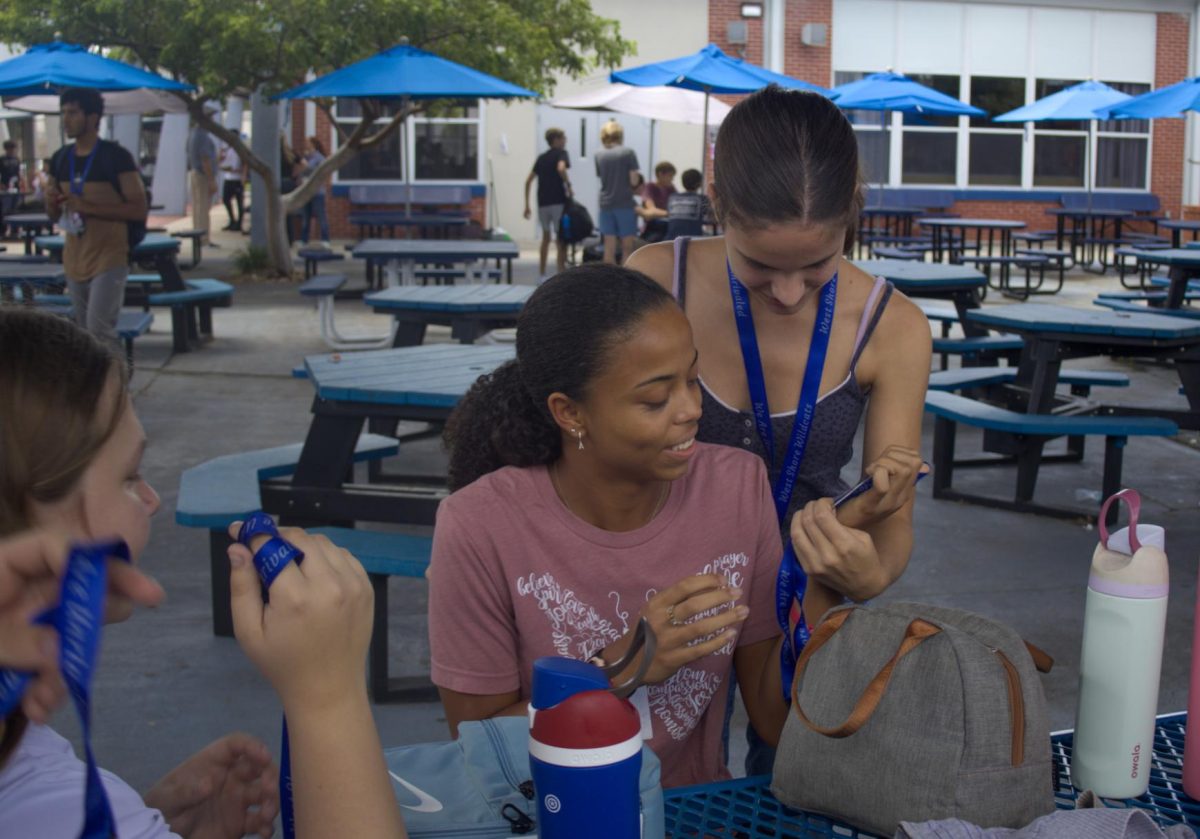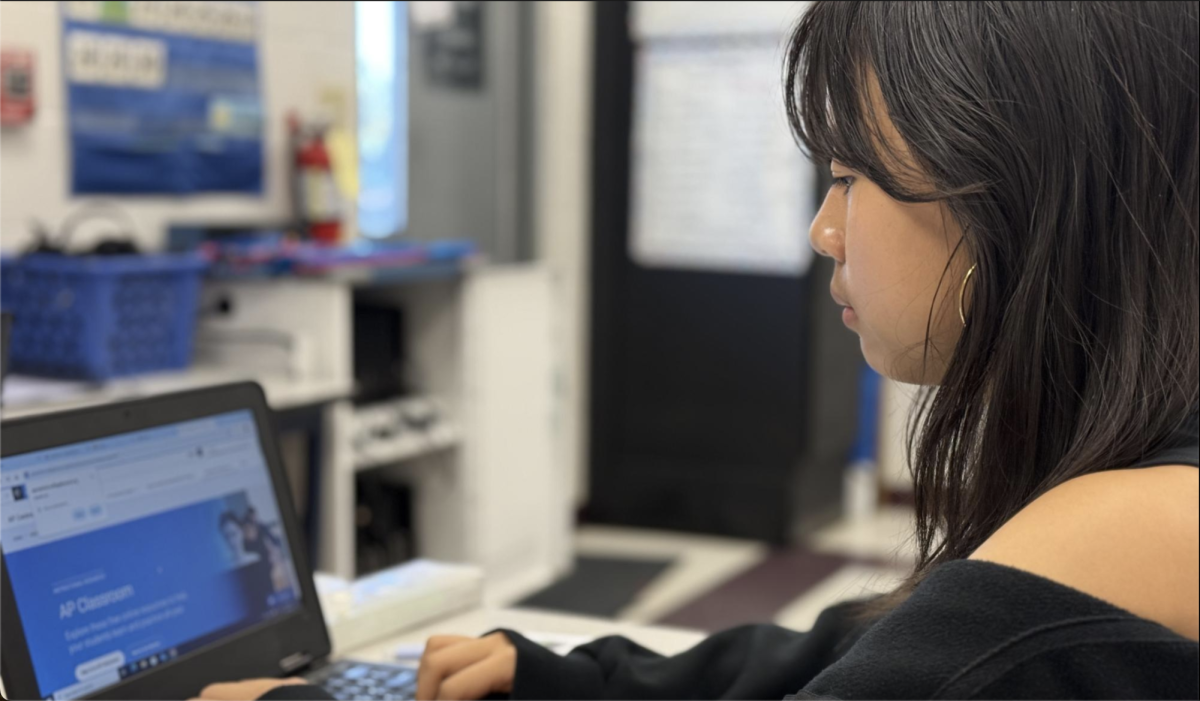Finicky AC affects students, teachers
November 6, 2019
Brevard Public Schools’ recent $8 million installation of new air-conditioning units countywide have proved to cause problems for not only students, but also for teachers.
“Either I ditch that lesson [planned for a day when the AC is out] and have to change things to go somewhere else or we suffer in the heat,” science teacher Magdalena Molledo said. “Since a lot of what we do uses computers, I need to find a place to be cool and has computers. It makes planning difficult and frustrating.”
Molledo isn’t the only one suffering in the classroom as she notes that students attitudes change.
“People aren’t willing to work [when the AC is out],” Molledo said. “People get grumpy including the teacher. Everyone complains. It is hard to keep positive when it is like this, so my job is to try and be upbeat about it, but I’m not very good at that.”
The heat also takes a toll on student performance.
“It affects my ability to focus because I’m sweating while trying to find sources for my topic which is a very important part of AP Seminar,” Cris Saladino (11) said. “Not being able to focus has slowed down the amount of work I can get done in school.”
The lack of cool air seldom is limited to one classroom, and can sometimes be school-wide.
“Usually on like a really bad day, usually like two or three [of my classes] lose AC in different buildings,” Leighton Johnson (12) said.
Joseph Estevez’s physics classes had to deal with a broken air conditioning system last week when classroom temperatures reached the mid 80s.
“I feel like the students managed the temperature better than I managed the temperature,” Estevez said.
Estevez said the heat did affect how he was feeling throughout the day.
“I [couldn’t] drink coffee because I drink hot coffee,” Estevez said. “My brain is accustomed to having that caffeine, so if I don’t have my coffee, I get easily frustrated and my processing time increases.”
There was also a concern that the temperature affected his students.
“I know that they recognized that it’s warm,” Estevez said. “So if they are thinking about anything other than what they should be learning, then that’s not necessarily a good thing.”
Students seemed to participate the way they normally would, according to Estevez, and they used fans to fight the heat.
“We took out the fans, which were lab equipment, and put them on the desks,” Estevez said. “We were able to cool ourselves a little bit.”
But not enough. With new security rules there doesn’t seem to be much teachers can do to mitigate the heat.
“Opening the windows makes it manageable, usually,” Molledo said. “However, with our new security rules this year we are required to keep our doors closed. This makes it quite a challenge.”
With no easy fix, teachers are resorting to spending their own money to find relief for the seemingly more common outages.
“My room [can get up to] 85 F on a particularly hot[day],” Molledo said. “I am investing in extra fans to keep in the classroom so that when it happens again, I will be ready. Hopefully, this is an odd occurrence but in the past month, it has been about once a week. “
By Olivia Thompson and Alexandria Wright




![Sophomore Isabelle Gaudry walks through the metal detector, monitored by School Resource Officer Valerie Butler, on Aug. 13. “I think [the students have] been adjusting really well," Butler said. "We've had no issues, no snafus. Everything's been running smoothly, and we've been getting kids to class on time.”](https://westshoreroar.com/wp-content/uploads/2025/08/IMG_9979-1200x800.jpg)











































